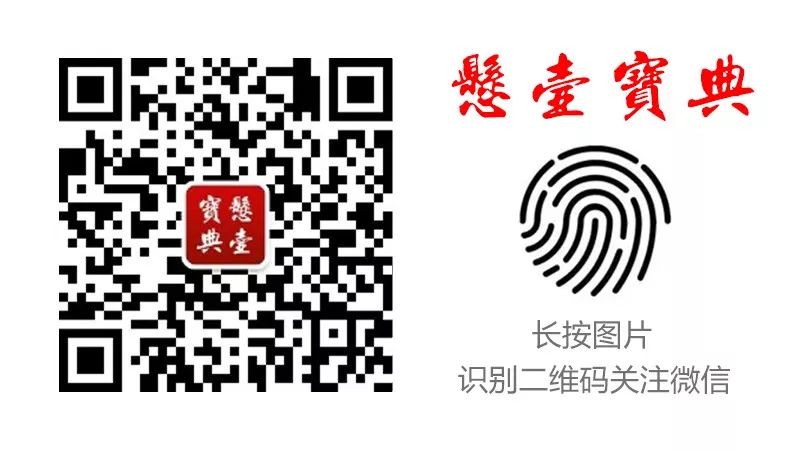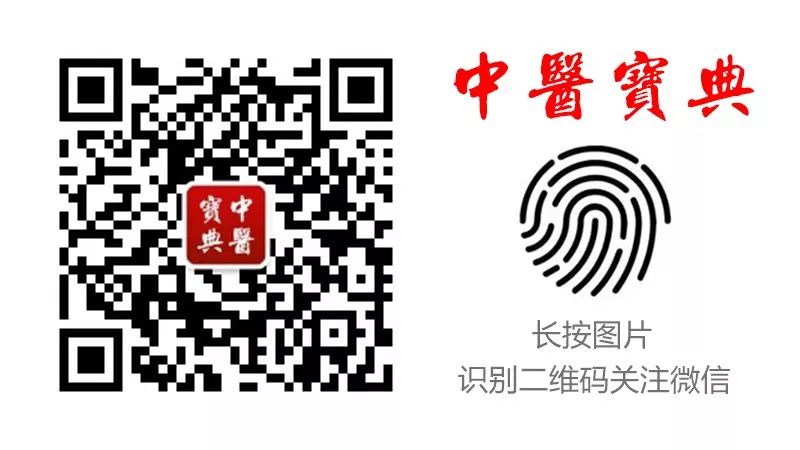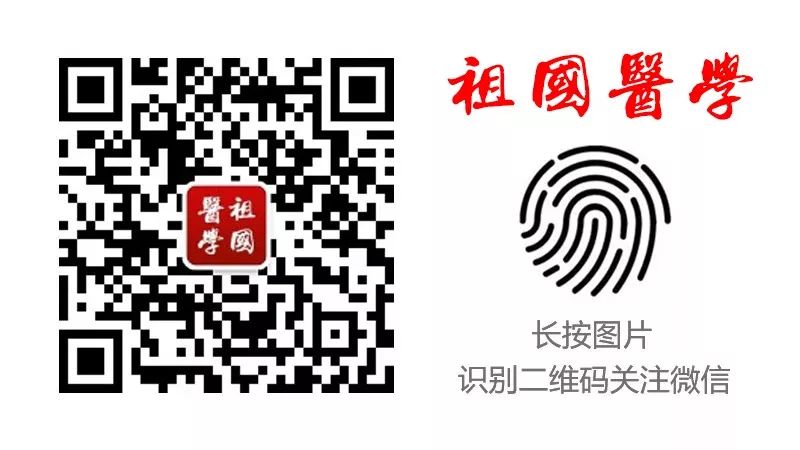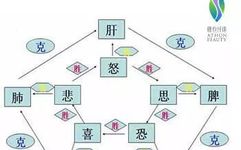

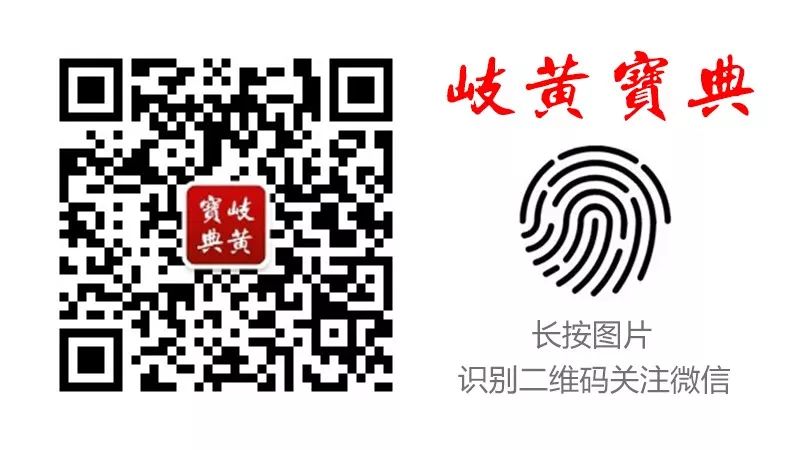
The Concept of Seven Emotions and Internal Injury
The seven emotions, namely joy, anger, worry, thought, sadness, fear, and shock, represent the external manifestations of the functional activities of the internal organs. Under normal circumstances, these emotions do not cause illness. It is only when sudden, intense, or prolonged emotional stimuli exceed the body’s normal regulatory and adaptive capacity, or when there is a deficiency in the body’s ability to regulate and adapt due to imbalances in yin, yang, qi, and blood, that these emotions can become pathogenic factors, referred to as “internal injury from the seven emotions”.
The Relationship Between Seven Emotions and the Essence and Qi of the Internal Organs
The seven emotions reflect the movement and changes of qi, blood, yin, and yang in the internal organs psychologically. Different internal organs exhibit different forms of emotional responses due to variations in their qi, blood, yin, and yang movements. The “Huangdi Neijing” (Yellow Emperor’s Inner Canon) correlates the seven emotions with the five internal organs, establishing the theory that each organ governs a specific emotion: the heart governs joy, the liver governs anger, the spleen governs thought, the lungs govern sadness, and the kidneys govern fear. Shock and worry are also closely related to the movement of qi in the five organs.
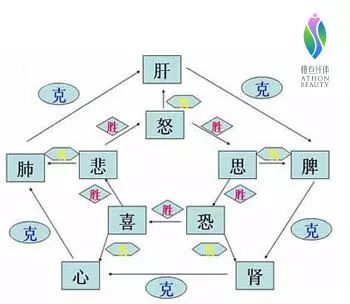
Although the seven emotions are associated with the five organs, this is not absolute. Firstly, different physiological and pathological states of the same organ can lead to different emotional responses. For example, excess liver qi manifests as anger, while deficient liver qi manifests as fear; excess heart qi manifests as joy, while deficient heart qi manifests as sadness, and so on. Secondly, all emotional activities must ultimately be expressed through the heart, as all emotional responses are essentially manifestations of the spirit, thus the seven emotions ultimately fall under the heart’s governance.
The effects of the seven emotions on qi movement are as follows: joy causes qi to relax; anger causes qi to rise; thought causes qi to stagnate; sadness causes qi to dissipate; fear causes qi to descend; shock causes qi to become chaotic; worry causes qi to become constrained.
Characteristics of Pathogenic Internal Injury from the Seven Emotions
1. Direct Injury to the Internal Organs
The seven emotions arise internally, thus directly injuring the internal organs. For instance, joy injures the heart, anger injures the liver, thought injures the spleen, sadness injures the lungs, and fear injures the kidneys. Due to the complex relationships between the internal organs, when one organ is damaged by the seven emotions, the pathological response can affect multiple organs. For example, repressed anger injures the liver, causing liver qi to rebel, which can also affect the spleen and stomach, leading to disharmony between the liver and spleen, or liver and stomach. Additionally, since the heart is the highest authority of mental activity, all injuries from the seven emotions are closely related to the heart. Clinically, injuries from the seven emotions are most commonly seen in the heart, liver, and spleen.
2. Impact on the Qi Mechanism of the Internal Organs
The seven emotions belong to the five internal organs, and excessive use of the seven emotions can easily affect the qi mechanism of the internal organs, leading to chaotic qi and blood, which manifests as various diseases.
(1) Anger causes qi to rise
Excessive anger injures the liver, which can cause liver qi to rebel, resulting in symptoms such as flushed face, red eyes, headache, dizziness, and irritability; if blood follows the rebellious qi, it can lead to vomiting blood or sudden fainting; if liver qi rebels horizontally, abdominal pain, vomiting, and diarrhea may occur.
(2) Joy causes qi to relax
Excessive joy injures the heart, which can cause the heart qi to disperse. Mild cases may present as palpitations, shortness of breath, and lack of concentration, while severe cases can lead to loss of consciousness and mental disturbances.
(3) Sadness causes qi to dissipate
Excessive sadness injures the lungs, which can lead to the lungs losing their ability to descend and disperse, resulting in symptoms such as shortness of breath, reluctance to speak, chest tightness, and mental fatigue.
(4) Fear causes qi to descend
Excessive fear injures the kidneys, which can lead to kidney qi instability and qi sinking downwards. Clinically, this may manifest as incontinence or nocturnal emissions.
(5) Shock causes qi to become chaotic
Sudden shock can cause disorder in heart qi and mental disturbances. Clinically, this may present as palpitations, anxiety, confusion, insomnia, and even mental disarray.
(6) Thought causes qi to stagnate
Excessive thinking or prolonged concentration can injure the spleen, leading to stagnation of spleen qi, resulting in irregular ascending and descending functions and poor appetite. Clinically, this may present as lack of appetite, abdominal distension, and loose stools.
(7) Worry causes qi to accumulate
Excessive worry can lead to blockage of qi movement. Clinically, this may present as chest tightness, irritability, fatigue, pale complexion, and lackluster hair.
3. High Incidence of Emotional Disorders
Emotional disorders refer to diseases related to emotional stimuli, characterized by abnormal emotional expressions. Diseases caused by excessive use of the seven emotions are primarily classified as emotional disorders. For example, conditions such as depression, mania, chest obstruction, and true heart pain often arise or are exacerbated by abnormal emotional stimuli, and their severity can change with emotional fluctuations.
4. Impact on Disease Outcomes
Changes in the seven emotions can influence the occurrence, development, changes, and outcomes of diseases. A cheerful and optimistic mood makes one less prone to illness, and even if illness occurs, recovery is easier; conversely, a negative mood can lead to illness or exacerbate existing conditions. For instance, conditions like chest obstruction and true heart pain can be triggered or worsened by emotional stimuli; malignant tumors can rapidly deteriorate due to emotional stress. Understanding the positive and negative impacts of emotional activities on disease is crucial for grasping the development and changes in conditions and for implementing comprehensive and correct treatments.
Follow the WeChat account of Traditional Chinese Medicine >>>
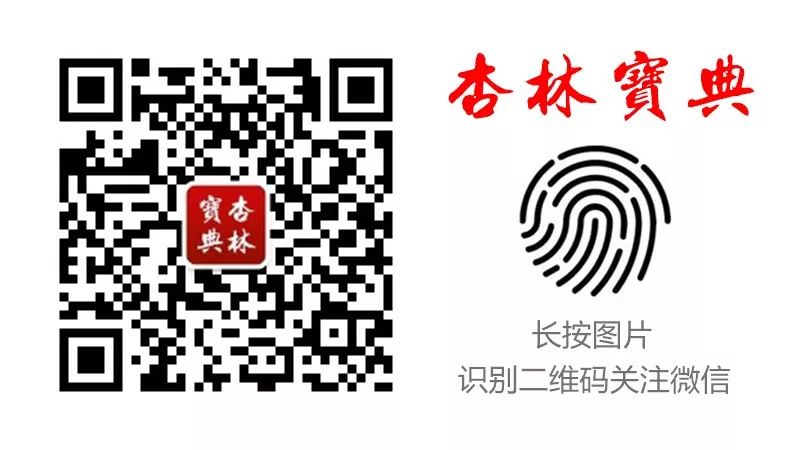
Click the upper right corner  Share with friends,let more people see it!
Share with friends,let more people see it!
★ The above content is for reference only. If you have any physical discomfort, please seek medical attention at a regular hospital.★
-
Origin of Traditional Chinese Medicine – I Ching
-
Origin of Traditional Chinese Medicine – Taoism
-
Origin of Traditional Chinese Medicine – Confucianism.
-
Holistic Theory of Traditional Chinese Medicine.
-
Worldview of Traditional Chinese Medicine
-
Yin-Yang Imbalance.
-
Pathogenesis
-
External Pathogenic Factors
-
Five Elements Theory in Traditional Chinese Medicine
-
Organ-Image Theory in Traditional Chinese Medicine
-
Meridian Theory in Traditional Chinese Medicine
-
Clock Theory in Traditional Chinese Medicine
-
Regulation of the Twelve Meridians
-
Naming Principles of the Twelve Meridians
-
Yin-Yang Theory in Traditional Chinese Medicine
-
Concept of Disease in Traditional Chinese Medicine
-
Correspondence of the Twelve Hours to the Internal Organs
-
Classification Table of the Five Elements in Traditional Chinese Medicine
-
Meridians and Time
-
Diagram of the Fourteen Meridians [Complete Meridian Acupoint Map]
-
Fundamental Theories of Traditional Chinese Medicine (Essence Version)
-
Sequence of Differentiation in Zhang Zhongjing’s Six Meridians: Taiyang → Yangming → Shaoyang → Taiyin → Shaoyin → Jueyin
-
What to Eat for Strengthening Yang in the Emperor?
-
Origin of Traditional Chinese Medicine












